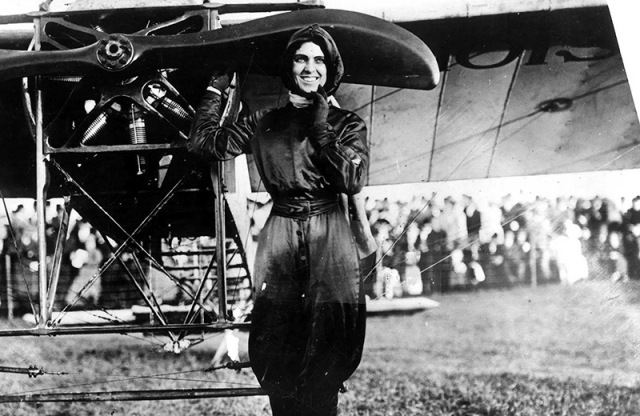Significance
Primary History article

How can pupils ask questions about the past and tie it to their present experiences?
What makes a person or event significant? When looking at the past, some people or events stand out in our minds. Individuals such as Florence Nightingale or Walter Tull at Key Stage 1 or events such as the Blitz at Key Stage 2 may have particular resonance. However, if we attach particular importance to a person or event it is essential to consider what actually makes them significant. Clearly it is important for children to draw on as much information as possible when determining what or who is significant. However, what we consider as significant will depend on our interpretations based upon factors such as where we live, our perspectives, and then can alter further over time, be reassessed or revised with further information. Models to support the teaching of significance have been available for some considerable time – I am exemplifying this with reference to Geoffrey Partington (1980) and Christine Counsell (2008). Partington developed a model which gives judgement criteria for pupils to examine the information and make conclusions on its significance through the following:
- Importance: To people living at the time.
- Profundity: How deeply people’s lives were affected by it.
- Quantity: How many lives were affected
- Durability: For how long people’s lives were affected
- Relevance: The extent to which the event has contributed to an increased understanding of present life...
This resource is FREE for Primary HA Members.
Non HA Members can get instant access for £2.49

